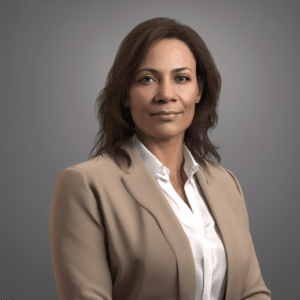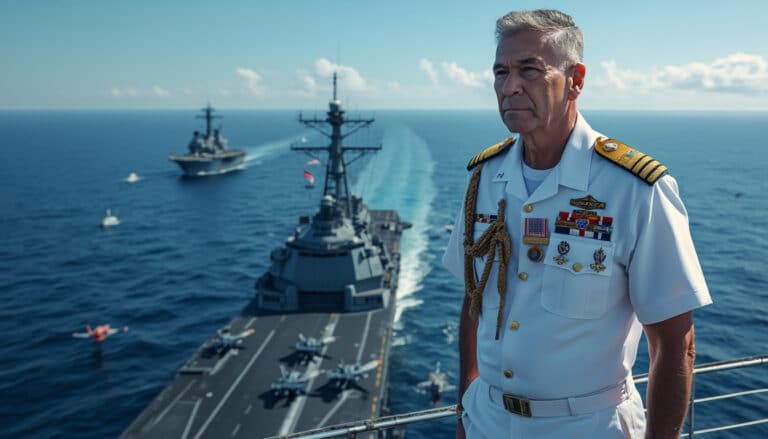The change at the head of NATO is now a reality with the handover between Jens Stoltenberg and the former Prime Minister of the Netherlands Mark Rutte. This transition takes place in a global context marked by unprecedented security challenges. Rutte, drawing on his experience leading the Dutch government, is preparing to face major challenges for the Atlantic alliance, such as support for Ukraine and strengthening international partnerships. This new chapter promises to be pivotal for the future of collective defense in Europe.
The Secretary General of NATO, Jens Stoltenberg, officially handed over to the former Prime Minister of the Netherlands, Mark Rutte, during a ceremony in Brussels. After a decade in office, Stoltenberg highlighted Rutte’s skills, particularly his ability to foster consensus and to create compromises. Rutte, who has promised to strengthen support for Ukraine and increase military spending, also asserted the importance of maintaining close transatlantic ties for Europe’s security. This change in leadership comes at a time when NATO is facing major challenges due to increasing geopolitical tensions.

Table des matières
ToggleThe new Secretary General of NATO: a significant change
On October 1st, in Brussels, NATO experienced a major turning point with the handover between Jens Stoltenberg and Mark Rutte, the former Prime Minister of the Netherlands. This transition marks the end of nearly ten years of tenure for Stoltenberg, during which he navigated complex challenges, notably the annexation of Crimea by Russia. Rutte, with his 14 years of experience at the helm of his country, is positioned strategically to face the contemporary issues facing NATO.
The challenges awaiting Mark Rutte
Mark Rutte assumes his duties at a time when NATO must respond to increasing pressures. Indeed, with the war in Ukraine entering its third year, his role will be essential in mobilizing Allies around an increase in defense spending. Expectations are high, and Rutte emphasizes the need to strengthen alliances, notably with countries in Asia and the Middle East. His first statement as Secretary General emphasized that “without a strong and independent Ukraine, there can be no lasting security in Europe”.
The continuity and commitment of NATO
In the early days of his tenure, Rutte will need to demonstrate a strong capacity for adaptation. The continuity of NATO’s efforts will be crucial, especially with the recent accession of countries like Sweden and Finland. His challenge will be to maintain a balance in transatlantic relations while reassuring members in the face of tensions with Russia. Rutte has already mentioned the importance of working with the potential future President of the United States, regardless of the outcomes, showing his commitment to forging strong alliances for the future.
























